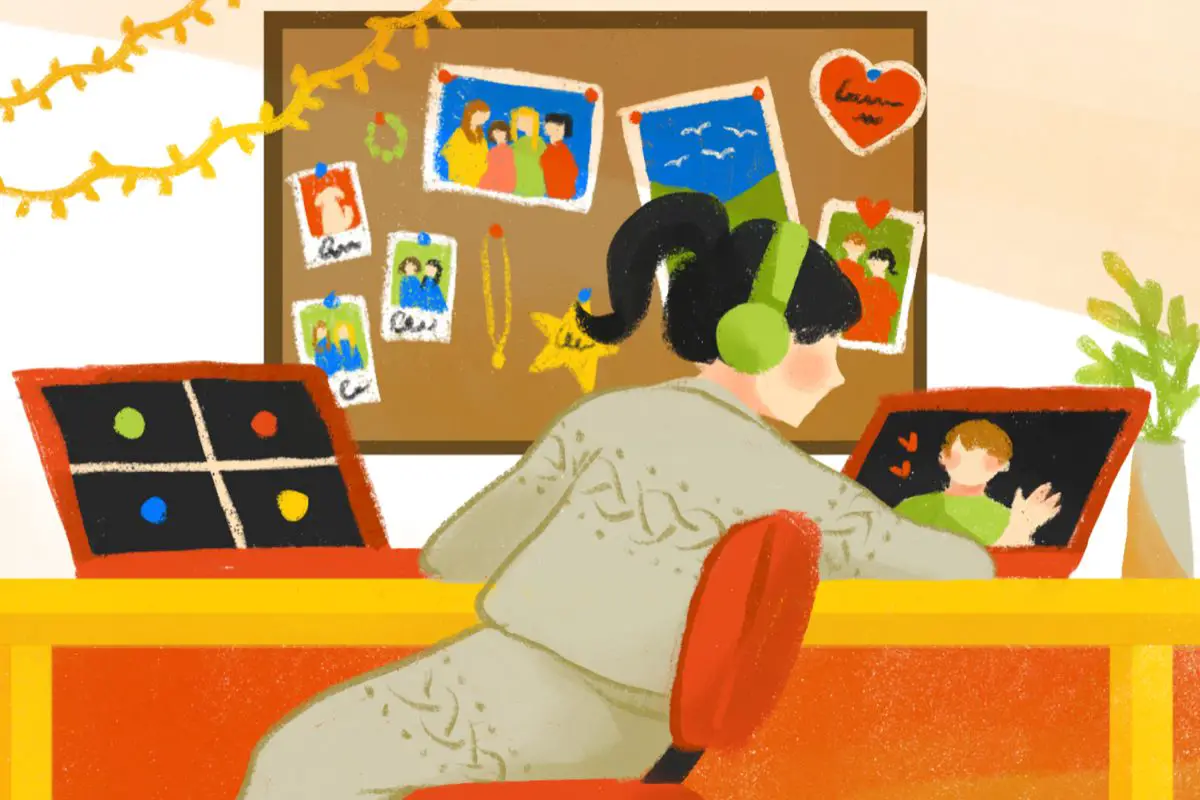On a casual, warm and free Sunday afternoon, my best friend urgently called me and angrily sobbed, “Ben, it finally happened. I finally asked her to leave my place, and we ended our relationship.”
It was not the first time he called me to complain about his relationship with his girlfriend. Since quarantine started in March, the tensions simmering on the backburner between my best friend and his girlfriend began to boil over and their relationship gradually deteriorated. Sometimes they quarreled over their beliefs and values, sometimes they fought about the habits that disturbed the other and sometimes they attacked one another based on the most trivial matters you could imagine, like, “Who’s responsible for taking out the garbage tonight?”
As quarantine continues, those of us in social isolation with our romantic partners are spending more time than ever with them in close proximity. Compared to how we interacted with our significant others before quarantine, we are suddenly spending hours upon hours together in the spaces we share.
Similarly, before quarantine, two people in a romantic relationship could spend as much or as little time apart as they wanted and could choose to hang out with friends during the weekends and in the evenings. After the pandemic arrived, all these options vanished; our lives changed and shrank, and now social isolation has made us feel as though we’re practically caged together.
People’s strong affections for one another oftentimes decline as they spend more time together. The beginning of a relationship usually makes us feel excited, but as time goes by, we gradually find shortcomings and can lose interest. This is usually a pivotal point at which a romantic relationship may end.
At the start of a new relationship, because of the effect of hormones and neurochemicals that mesmerize and magnetize, we tend to become blinded by the irresistible rush of euphoria. Thus, our vision is clouded, obscuring the flaws in our new partner. However, as the mystical charms of the hormones gradually fade over time, people may be disappointed to discover that their partner is not as perfect as they once thought.
Through my study of economics, I have learned that in order to calculate the worthiness of an action, we need to determine its marginal benefit and marginal cost. As rational beings, we are more likely to choose a course of action when its marginal benefit exceeds its marginal cost.
Moreover, there is another concept in economics at play here — though it is more broadly applicable to human psychology as well — called diminishing returns. The greater the quantity of a particular desirable good we have, the less we will value it, regardless of its appeal. When plotted, each good will have its own unique slope calculated based on human desire. The dynamics and development of a romantic relationship can be perfectly explained within this framework.
At the beginning of a relationship, we typically feel extraordinarily satisfied. However, as we get more of the same sensation, no matter how great it feels at the beginning, its intensity is bound to decline. Quarantine has made relationships even more complicated; when a couple is in social isolation together 24 hours a day, seven days a week, it is challenging to maintain the same level of marginal utility toward intimacy.
The decline is actually catalyzed by the negative mood emerging from the social isolation and the dearth of stimulation initiated by quarantine. According to Freud’s Ego Defense Mechanisms Theory, people are inherently predisposed to displace their negative emotions, attributing them to external sources — particularly other human beings. When your college partner only has you nearby at home, you naturally become the target of this displacement of negativity, causing your intimate relationship to potentially wither.
Based on my personal experiences, I have some suggestions to ameliorate this predicament:
First and foremost, it is important for us all to keep in mind that this is a hard time for everyone, including our romantic partners. Negative feelings and thoughts are a natural product of social isolation. Before we instinctively displace all these emotions onto our significant others, we should try to pump the brakes on our impulses a bit. We need to first reflect on whether channeling all of that negativity toward another person would actually help to solve our own issues, or if it would, in fact, worsen the situation.
Second, as everyone needs to have personal space and some room to breathe, it is natural that people will feel somewhat suffocated by each other if they are confined to the same space for too long; couples should be particularly mindful of this fact while in quarantine. It is fine to have our alone time when living with our significant others — even if it may seem paradoxical. Keep in mind that what elevates a relationship is the quality of the interactions, not the quantity.
Third, to reignite the spark in a romantic relationship, it is beneficial to make interactions as stimulating as possible. A little extra effort may make the relationship blossom once more. You could try surprising your partner with a fun game to play together that you picked based on their personality and preferences. Or you could whisk your partner away on a weekend trip — while maintaining social distancing and other safety protocols, of course.
Lastly, there are still many ways to stay connected with friends and university campuses: regularly check in with college friends to see how they’re doing, and reach out to student organizations on campus to see if they have any upcoming events or activities. Get creative! There are countless possibilities for expanding our universe beyond the walls of our apartments.
Although this may be a trying time for romantic relationships, especially for partners in social isolation together, we can turn the struggle into a glue that bonds us closer to each other. One day in the future, we’ll look into each other’s eyes and sigh with amazement, “Wow, I can’t believe we made it through this together!”

















